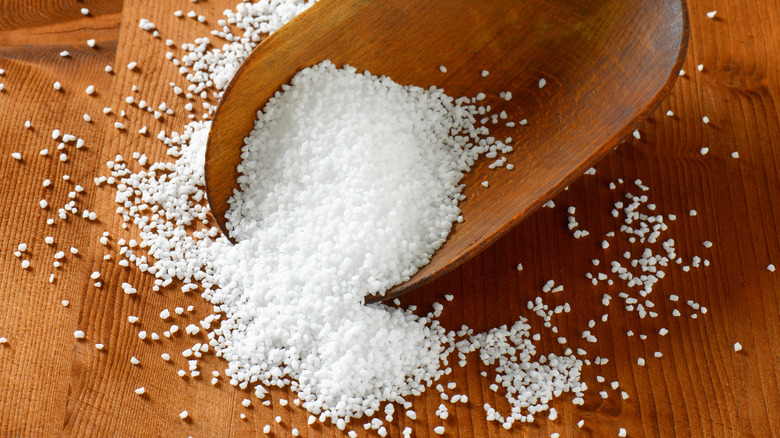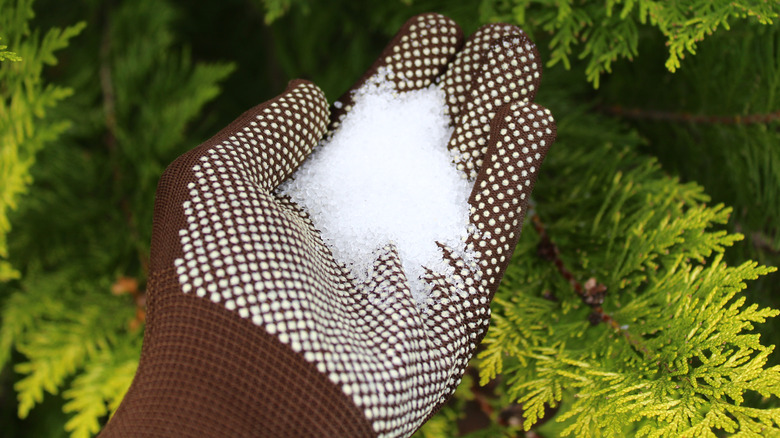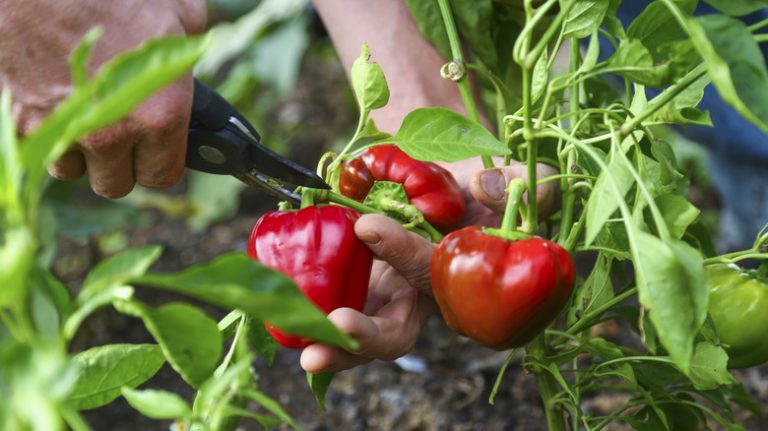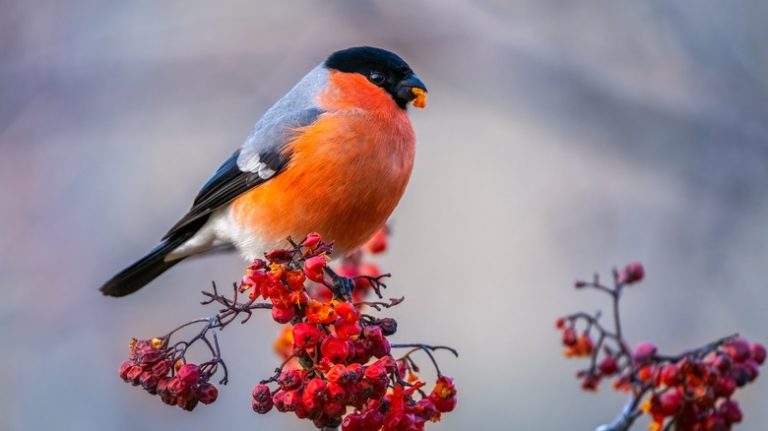Using Epsom salts against garden pests, especially hungry, destructive rodents, can be an effective deterrent. It’s also used to help some kinds of plants. However, these naturally occurring salts (found in limestone caves and mines, among other places) can also be harmful in the garden if not utilized carefully. To use Epsom salts safely and effectively to deter pests, it’s important to make sure the salts aren’t easily accessible or left to leach.
Epsom salts are named for the place where they were first discovered, a “bitter salt” spring in Epsom, England, near Surrey. The salts are a magnesium sulfate compound that has an acrid, bitter smell that repels many animals, including rodents like rats, mice, squirrels, rabbits, moles, and voles, as well as mammals like skunks, raccoons, possums, and groundhogs. If you have rodent issues around your trash or refuse area, sprinkling Epsom salts nearby can help keep them away, but it’s important to do this safely and responsibly.
Using Epsom salts to keep rodents out of your garden requires more care and consideration than you might think. But proper use can help avoid big potential problems.
Protecting soil from Epsom salt damage

When using Epsom salts to deter rodents, it’s best to place them around the perimeter of your vegetable beds or flower beds is the best approach. If possible, avoid putting the salts directly into the soil. There are risks to using Epsom salts around garden soil and plants; mainly the possibility of increasing the acidity in your garden soil too quickly. Even though some plants may benefit from using Epsom salts, the possibility that they may shift soil chemistry over time is something to be aware of. If you don’t want Epsom salts to affect your garden, take care to place them where rain won’t wash them into your soil.
Soil nutrition depends on a balance of different minerals, including salts like potassium, and using Epsom salts too often or in excess can negatively impact this balance. According to the University of Minnesota, Epsom salts can inhibit the uptake of calcium by increasing magnesium levels in soil. So when using them near the garden to repel rodents, be mindful of protecting soil.
If you pour the salts alongside the edge of flower or vegetable beds, or directly onto the soil itself, they can leach into the soil after rain or watering. This can contaminate the soil, but may also affect nearby plants and water as well. If used in large amounts, Epsom salts can also pollute waterways or the water table via runoff.
Keeping pets safe when using Epsom salts

Even though it’s the smell of Epsom salts that deters rodents, this substance needs to be handled safely. Always wear gloves when working with Epsom salts in the garden, as they can be toxic when ingested and you don’t want to accidentally ingest any residue. Similarly, while some people may use Epsom salts to make an ingestable rat poison, having an environmentally friendly garden means using non-toxic, humane methods to control pests.
Putting Epsom salts into small ceramic, metal, or plastic containers can still help repel rodents, without risking damage to the soil. Animals can still smell the salts and find them unappealing, and that unpleasant smell is what keeps them away. It’s important to know, however, that ingesting Epsom salts can cause a toxic reaction in pets or other animals, so leaving the salts exposed in ways that allow animals to eat them is not a safe option.
If you don’t want to risk animals ingesting Epsom salts, you can attach netting or wire screens over the containers. You can also use a porous container (one with holes to hold the salts) like a glass jar with holes poked in the lid. But if you do use a container with openings, make sure it’s sheltered from rain, to avoid water soaking the salts and chancing runoff into unwanted places.



